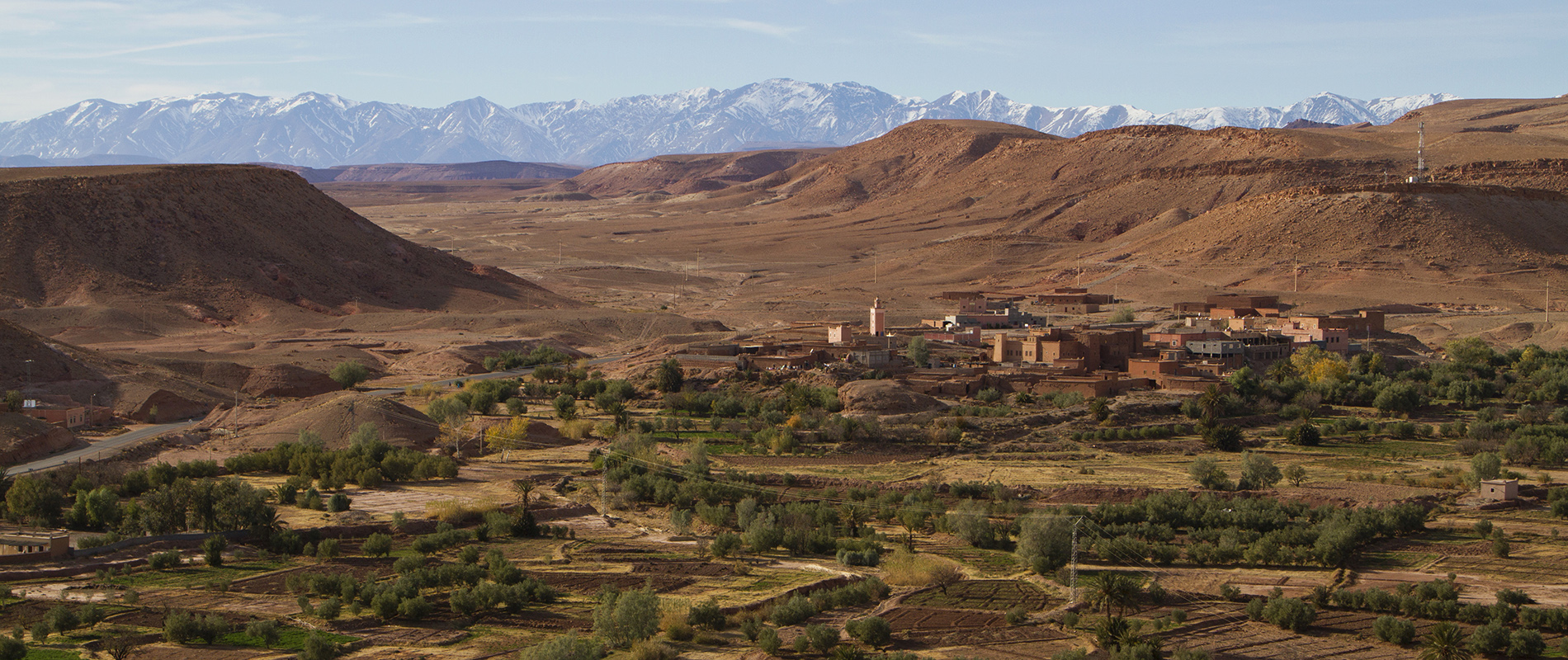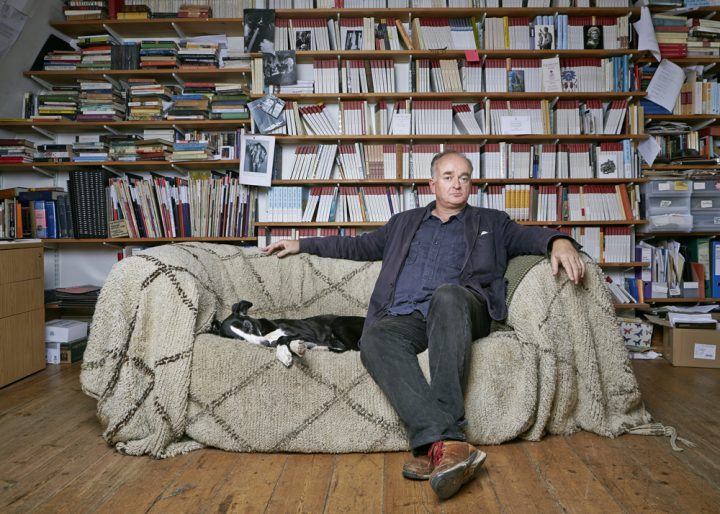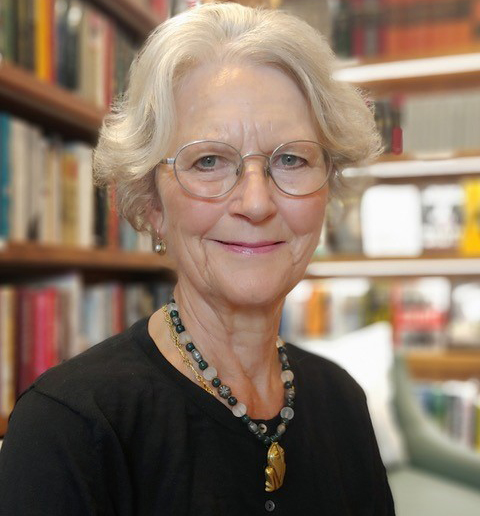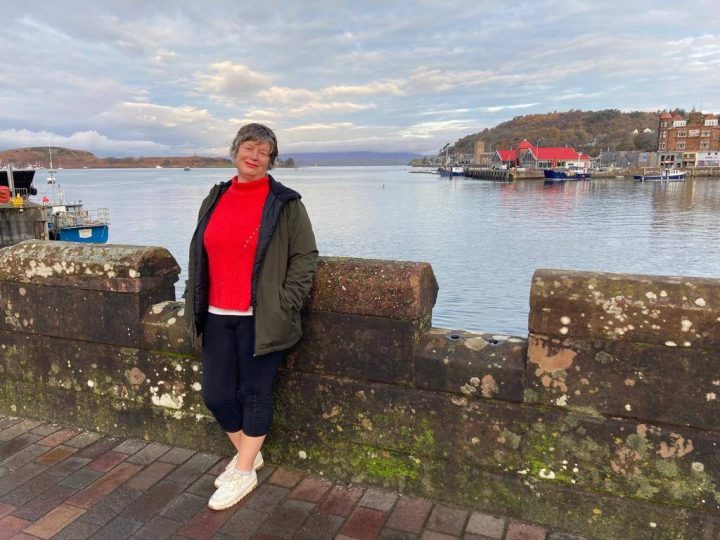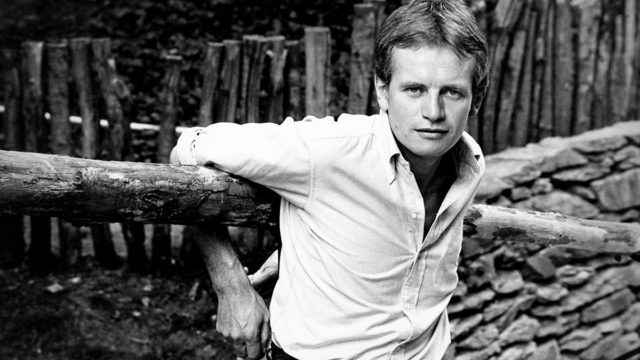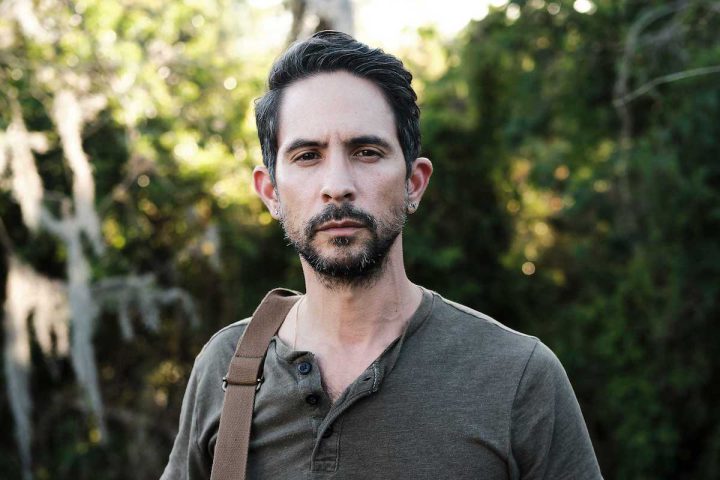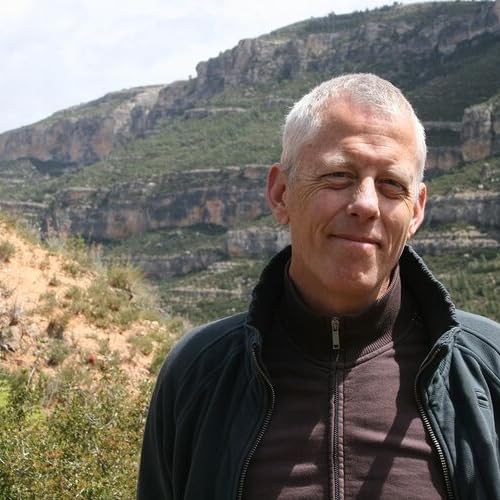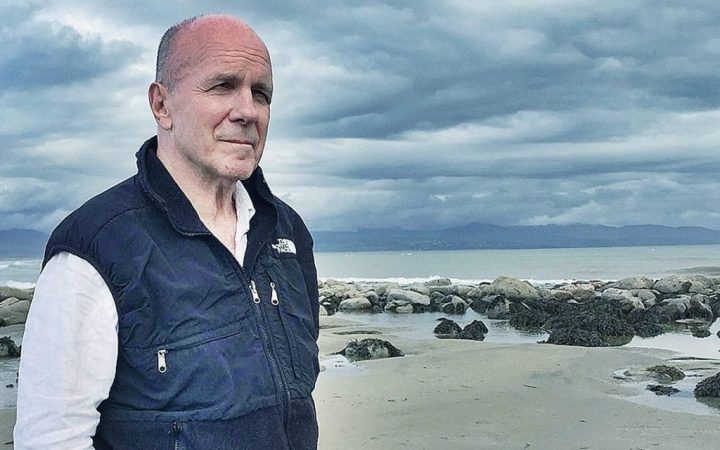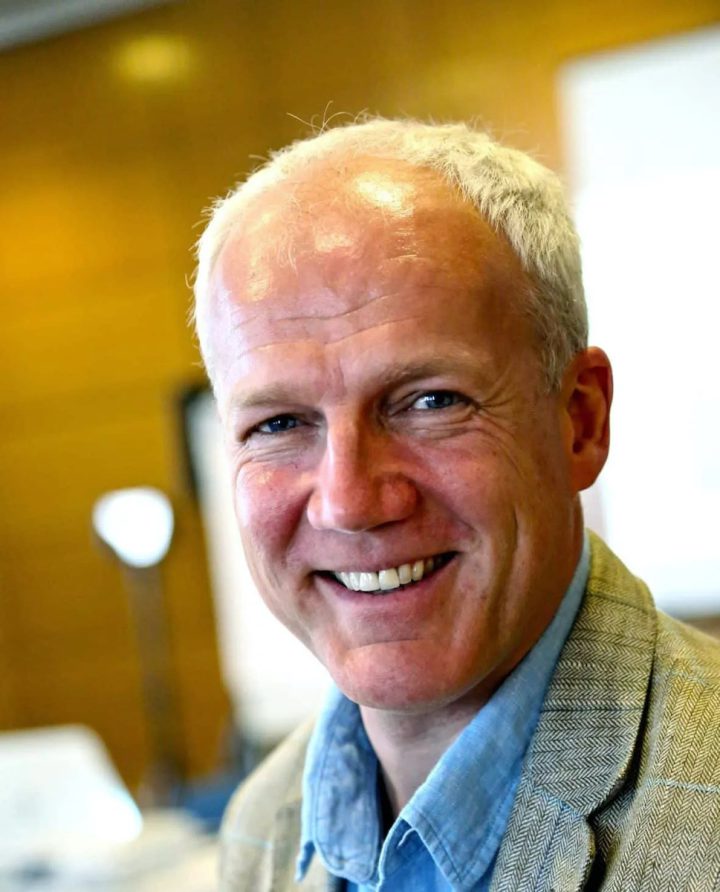
Justin Marozzi I’d always thought of Temur as a cut-rate Genghis Khan who burst out of the Asian steppe, conquered a sizeable chunk of territory, and then failed to hold his empire together. It was only when researching a trip to Uzbekistan that I discovered Temur — or Tamerlane, as he was known in the West — was one of the world’s greatest conquerors. He was a strategist on a par with Alexander...
